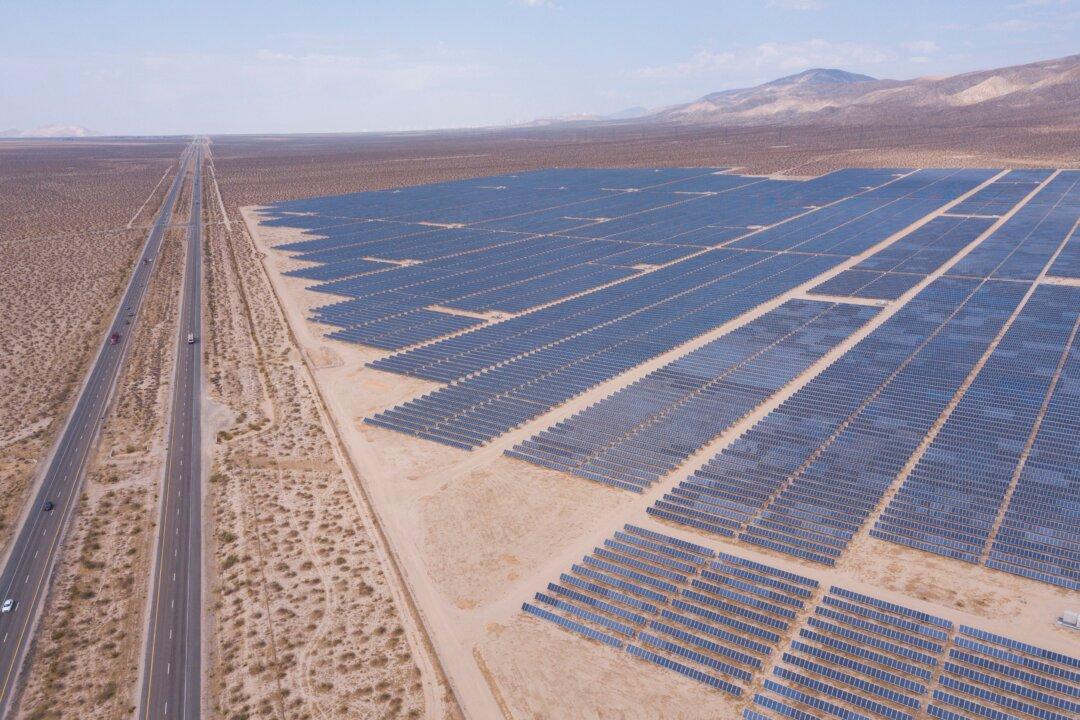As the Biden administration “races to deploy green energy,” the United States should rationally shift its policies to curb its dependence on China, according to Rex Lee, a cybersecurity adviser at My Smart Privacy.
“My viewpoint on this is that we do need to migrate part of our grid to renewable energies. And I think you’re going to see a lot of that’s going to be done through hydrogen. … And one of the things they’re [China] doing with hydrogen is they’re able to go into a coal power plant and say, ‘Okay, it’s 100 percent coal today, but we can actually retrofit this power plant with hydrogen, and make it 50 percent dependent on coal in the future,’” Lee recently told “China in Focus” on NTD, a sister media outlet of The Epoch Times.





